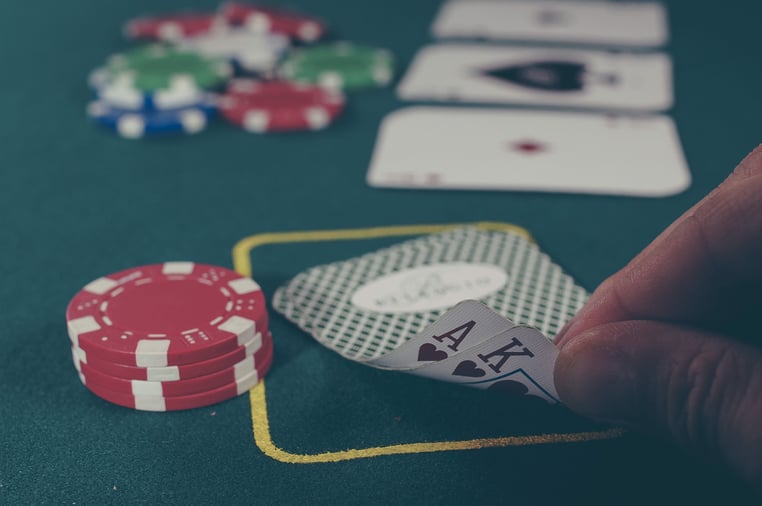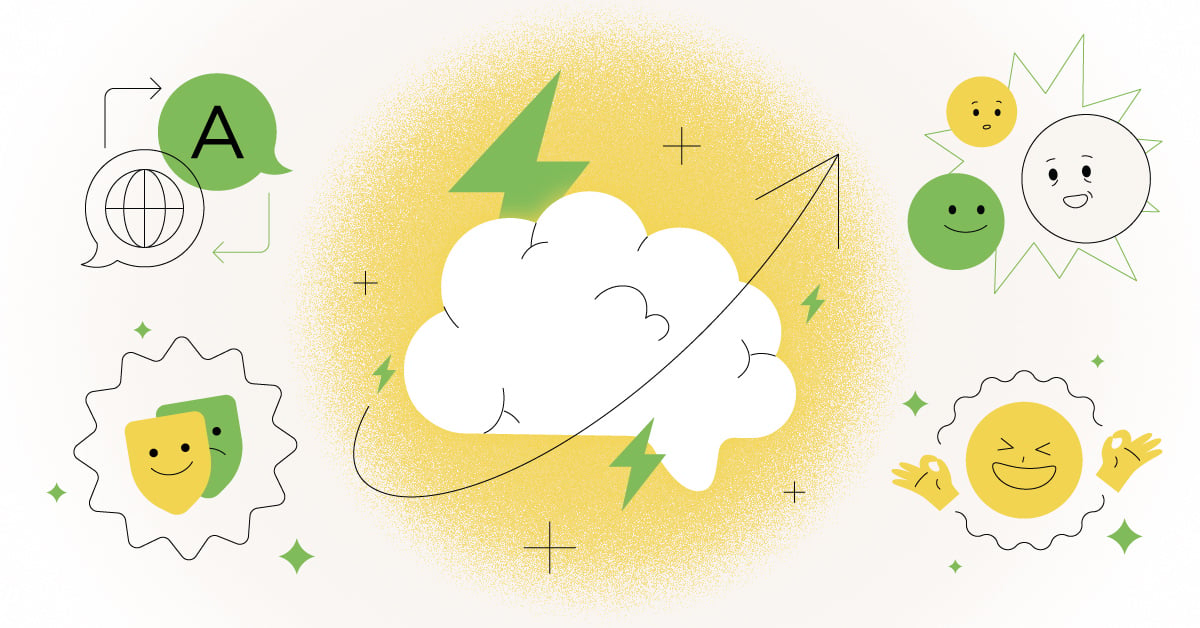
Make Winning a Habit Through Incremental Improvements
The real reason why winners win and losers lose is simple: They expect to.
As a student of sales performance during the last 20 years, I have come to realize that some salespeople are predisposed to approach winning and losing a sale in a particular way.
Some salespeople "play to win" while others "play not to lose." A recent study sheds additional light on the science of winning and losing.
Winners win and losers lose — most often
My experience as a consultant, past sales VP, sales manager and lifelong salesperson supports the following:
A salesperson's mindset of their world is impacted by their behaviors, motivators, acumen and skills, life experiences, and beliefs. I have never believed some people are luckier than others. In fact, I don't believe in luck.
In sales, a sales wolf (those who consistently produce in the top 20th percentile) creates their own luck by doing their homework, eliciting fast feedback, staying focused, and having resilience.
We create our own luck
A recent study by Juemin Xu and Nigel Harvey from the University College of London set out to identify the role of "the hot hand" and "gamblers' fallacy" in gambling. The results surprised me, but are intuitive.
Xu and Harvey used the real-world setting of 776 online gamblers. More than 565,000 bets were analyzed, with bets ranging from football to horse racing.
The hot-hand fallacy and gamblers' fallacy are assumed to be common among gamblers, because it's thought they believe outcomes for future bets are predictable from previous ones.
- The "hot hand" belief: "If you have been winning, you are more likely to win again."
- The "gamblers' fallacy": "If you have been losing, you are more likely to win in the future."
Bottom line: Winning streaks increased
the probability of winning the next bet. The same effect applied to losing streaks — those who lost successive bets were more likely to lose again.
In other words, the study found that gamblers were more likely to win after winning and to continue to lose after losing.
Granted, the "hot hand" may have come as a result of continuing the winning strategy or from some change in the betting strategy as the gambler pursued another win.
Two lessons that reinforce the thinking of true sales wolves.
- When you win, study why you won. Improve your strategy, particularly to continue winning.
- When you lose, study why to improve your strategy. Never count on the odds to eventually work back in your favor.
True sales wolves passionately hate losing — and they will do everything they can to learn from past successes and past mistakes. They are literally "wired" to be paranoid about losing.
Make winning a habit
There are two things you must do to become a true sales wolf:
- Hire only "wolf class" salespeople and sales managers.
- Make winning a habit.
Your sales wolves will love this approach. Your losers — not so much.
Image by Michał Parzuchowski


